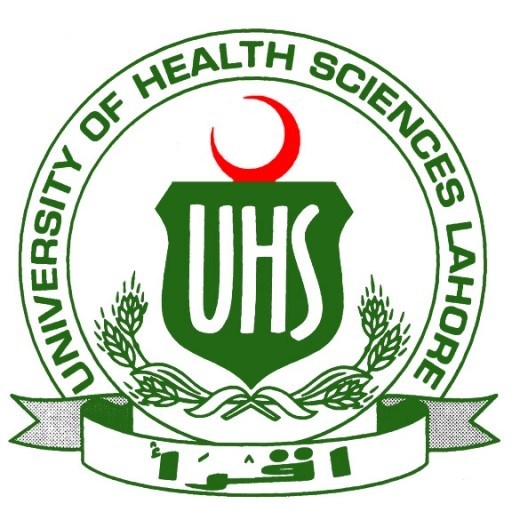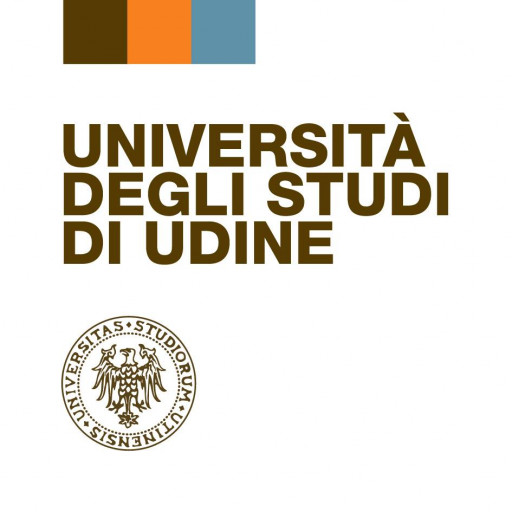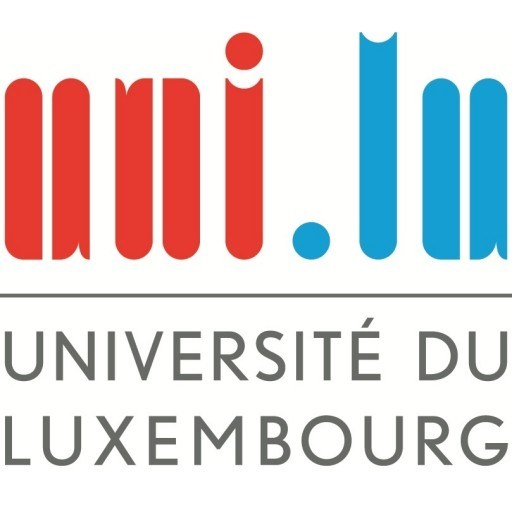The Bachelor of Veterinary Medicine program at the University of Health Sciences is a comprehensive undergraduate course designed to prepare students for a successful career in veterinary practice, animal health management, research, and public health. This program equips students with an in-depth understanding of the biological and medical sciences essential to the diagnosis, treatment, and prevention of diseases in animals. The curriculum combines theoretical knowledge with practical skills, ensuring graduates are well-prepared for the challenges of modern veterinary medicine. Students will study subjects such as anatomy, physiology, biochemistry, microbiology, pathology, pharmacology, surgery, and animal nutrition, among others. The program emphasizes ethical considerations, humane animal handling, and professional responsibilities, fostering a respectful and compassionate approach to animal care. Additionally, students will engage in clinical rotations, laboratory work, and field practices, providing hands-on experience with a wide range of domestic and exotic animal species. The university collaborates with veterinary clinics, animal shelters, and research centers to offer real-world training opportunities. Graduates from this program will possess the skills necessary to diagnose and treat various animal ailments, advise animal owners, and contribute to public health initiatives by controlling zoonotic diseases. The program also prepares students for potential postgraduate studies and research careers in veterinary sciences. Upon completion, graduates are eligible for licensing and certification to practice as licensed veterinarians. The University of Health Sciences is committed to fostering innovative research and development in veterinary medicine, ensuring students are at the forefront of advances in science and animal health. Enrolling in the Bachelor of Veterinary Medicine program offers students a unique opportunity to make a meaningful impact on animal welfare, public health, and the broader community through dedicated veterinary practice.
The Bachelor of Veterinary Medicine program at the University of Health Sciences is a comprehensive and rigorous course designed to prepare students for a professional career in veterinary medicine. The curriculum covers a wide range of subjects essential for the understanding of animal health, disease prevention, diagnosis, and treatment. Students will explore areas such as animal anatomy and physiology, microbiology, pathology, pharmacology, and clinical medicine. The program emphasizes both theoretical knowledge and practical skills, ensuring graduates are well-equipped to handle real-world veterinary challenges.
Throughout the course, students will engage in extensive laboratory work, clinical rotations, and internships that provide hands-on experience with different animal species, including companion animals, farm animals, and wildlife. This immersive learning environment enables students to develop diagnostic skills, surgical techniques, and client communication strategies. Ethical considerations and animal welfare are integral parts of the program, fostering a compassionate and responsible approach to veterinary practice.
The program also includes modules on public health, zoonotic diseases, and the principles of veterinary public health, highlighting the veterinarian's role in safeguarding community health. In addition, students will learn about the regulatory frameworks and professional standards governing veterinary practice in their region.
The duration of the program is four years, culminating in a comprehensive examination and practical assessments. Graduates will receive a Bachelor of Veterinary Medicine degree, qualifying them to pursue licensure and professional practice. The University of Health Sciences is committed to high-quality education, research, and community service, providing students with the knowledge and skills needed to excel in the veterinary field and contribute to animal health and welfare at both local and global levels.
Program requirements include a completed bachelor's degree in a relevant field such as biology, zoology, or related sciences. Applicants must have a strong academic record with a minimum GPA specified by the university, typically around 3.0 on a 4.0 scale. Proficiency in English is required, demonstrated through standardized tests such as TOEFL or IELTS, with minimum scores set by the program. submission of official transcripts from prior institutions is necessary, along with letters of recommendation that highlight the applicant's aptitude for veterinary studies. A personal statement or motivation letter outlining interest in veterinary medicine and future career goals must be provided. Some programs may require prior relevant work or volunteer experience in animal care, veterinary clinics, or research laboratories. Applicants might also need to pass an entrance examination or interview, assessing their knowledge of basic sciences and communication skills. Familiarity with ethical issues related to animal welfare and healthcare is considered advantageous. All application materials must be submitted by the specified deadline, with fees paid as per university regulations. International students should verify visa requirements and health insurance coverage as part of the application process. Additionally, applicants are advised to review specific prerequisites or recommended coursework, such as chemistry, physics, and animal biology, to ensure eligibility. The program values diverse academic backgrounds and encourages applicants with interdisciplinary skills related to veterinary fields. Candidates are selected based on academic performance, relevant experience, motivation, and potential contribution to the veterinary community.
The financing of the Veterinary Medicine program at the University of Health Sciences is designed to be accessible and transparent for prospective students. The program offers a range of options to support students financially throughout their studies, including state-funded places, fee-paying places, and various scholarship opportunities. Students admitted to state-funded places benefit from tuition fee coverage provided by government subsidies, which significantly reduces the financial burden for those accepted through competitive selection processes. For fee-paying students, tuition fees are set annually and are payable in installments as per university regulations.
The university also collaborates with governmental and non-governmental organizations to provide scholarships and grants aimed at supporting students in need or those demonstrating exceptional academic performance. These scholarships may cover partial or full tuition fees and sometimes include additional financial aid for living expenses. Furthermore, students can explore external funding options such as private scholarships, sponsorships from veterinary associations, or loan programs available through national banks.
The university provides detailed information about the application procedures for financial aid and scholarships, encouraging eligible students to apply early to maximize their chances of securing financial support. Additionally, the university offers part-time employment opportunities and internships within affiliated veterinary clinics and research centers, allowing students to earn income while gaining practical experience.
The overall goal of the financial policy for the Veterinary Medicine program is to ensure that all qualified students, regardless of their financial background, have the opportunity to pursue their education without undue hardship. The university regularly reviews its funding policies to include new financial aid programs and to improve existing ones, aiming to foster an inclusive academic environment. Specific details about tuition fees, scholarship deadlines, and application procedures are available through the university’s official website and admissions office.
The Veterinary Medicine program at the University of Health Sciences is a comprehensive educational course designed to prepare students for a professional career in animal health and welfare. The program provides a robust curriculum that covers a wide range of topics, including anatomy, physiology, pathology, microbiology, pharmacology, surgery, and public health. Students are given extensive practical training through laboratories, clinical practice, and internships, enabling them to develop the necessary skills for diagnosing and treating various animal diseases. The program emphasizes the importance of animal ethics, welfare, and the role of veterinarians in safeguarding public health through zoonotic disease control and food safety. Students learn about different species, including companion animals, livestock, and exotic animals, preparing them for diverse veterinary contexts. The degree also encompasses the study of preventative medicine, epidemiology, and environmental health, emphasizing a holistic approach to animal health management. The faculty comprises experienced veterinarians and researchers dedicated to advancing veterinary science and ensuring high-quality education. Upon graduation, students receive a veterinary degree recognized for meeting national and international standards, qualifying them to work in private practice, animal hospitals, research institutions, and government agencies. The university’s facilities include modern laboratories, veterinary clinics, and extensive animal facilities, supporting practical training and research activities. The program aims to foster scientific inquiry, clinical excellence, and compassionate care, preparing graduates to address complex veterinary challenges and contribute significantly to animal and public health sectors. The Veterinary Medicine program is also committed to continuous curriculum development aligned with advances in veterinary science, ensuring students are well-equipped with current knowledge and skills.










